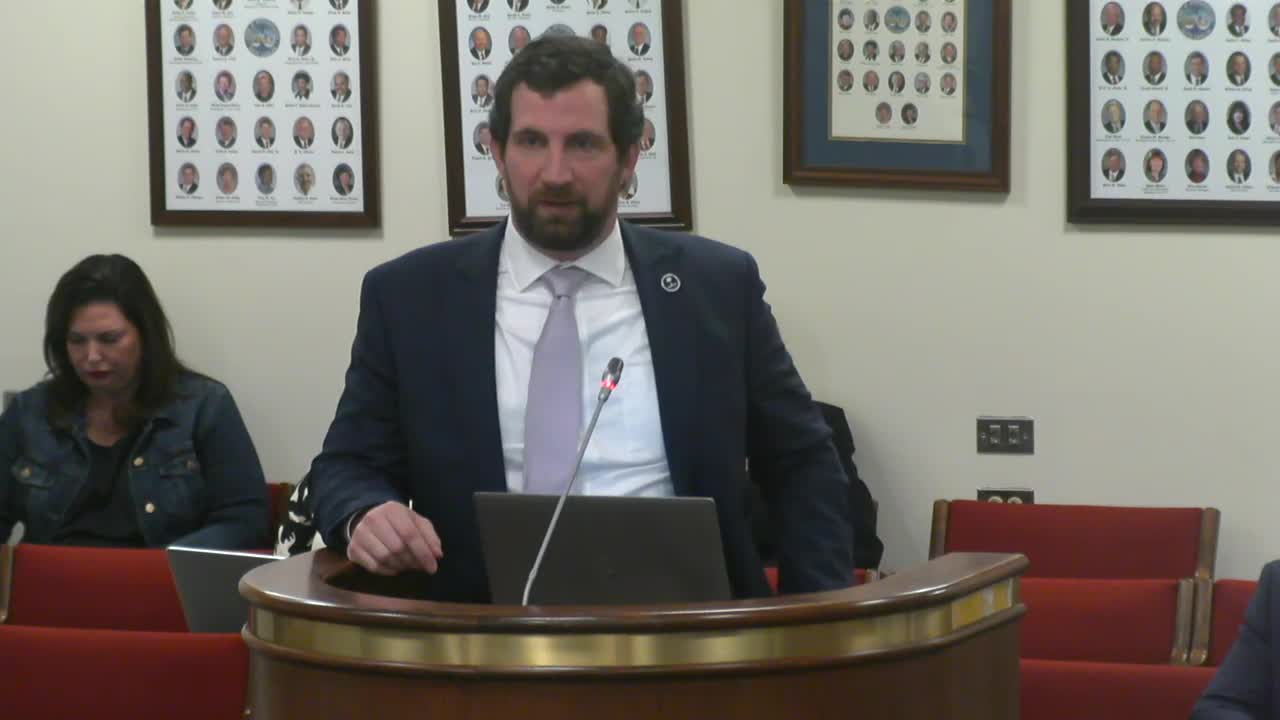State Department of Education outlines strategic plan, seeks $200 million to raise starting teacher pay and expand math and literacy supports
Get AI-powered insights, summaries, and transcripts
Subscribe
Summary
The State Department of Education presented a four-part strategic plan and a budget request that includes a $200 million proposal to raise starting teacher salaries to $50,000, expanded funds for instructional materials and new investments in school safety and rural infrastructure.
The State Department of Education told the House Education and Public Works Committee it has adopted a new mission and strategic plan that centers on raising student proficiency and supporting teachers, and requested major new funds in its 2025 budget submission.
"The mission of South Carolina Department of Education is to serve students, support teachers, empower parents, engage the community so that every student graduates prepared to reach their full potential," Philip Cease, director of governmental affairs for the State Department of Education, told the committee.
Cease walked members through a four-part, three-year strategic plan and a "moonshot" goal: by 2030 to have at least 75% of students at or above grade level. The department highlighted several initiatives: broad implementation of LETRS training under the Science of Reading initiative (the legislature previously funded nearly $40 million for K-3 professional learning), a statewide expansion of the Palmetto Math Project pilot, and Read to Succeed 2'which raises the threshold for retention to ensure students have foundational reading skills before moving from grade 3 to grade 4.
Budget priorities included a $200 million recurring request to raise starting teacher salary to $50,000 (described as $3,000 across the pay scale), and a package of student-success, teacher-support and school-safety investments. Cease listed top-line requests: $20 million recurring and $95 million nonrecurring for high-quality instructional materials (the $95 million targeted to math materials), summer reading camps, a $13 million CTE Rural Renaissance initiative, and a proposed $100 million recurring rural infrastructure bank to help rural and charter schools with renovations and new construction. The department also proposed funds for bus replacement and targeted school facilities upgrades; the department told members that spending on school safety could include window films, door locks and cell-phone storage solutions.
Cease described implementation details for several items. For example, he said LETRS will be available to every K-3 teacher by the end of the 2025-26 school year and that 20,000 teachers were either in the pipeline or had completed training. On cell phones, he explained a proviso in this year's appropriations requiring the State Board of Education to adopt a model policy the department branded "Free to Focus," and said the model gives local districts choices about where and how students store phones during the school day; consequences are required in the model but specifics are left to districts.
Why it matters: The department framed the budget request as an effort to increase teacher pay, expand proven literacy practices and raise math proficiency across struggling schools. Lawmakers asked about district implementation, teacher reactions and whether districts are using AI tools in classrooms; Cease said he was aware of at least one district using AI through an innovation grant and offered to provide contacts.
Cease emphasized community engagement and a volunteer program that lets state employees spend four hours a month in local schools. He also noted the scale of state investment in recent years: the department cited $1.6 billion in new state investment since 2018-19 and a $328 million investment in the 2024-25 cycle, much of which increased teacher salaries.
The committee did not take formal action on the budget request during the presentation; members asked the department for follow-up materials and contacts for districts piloting innovations.
